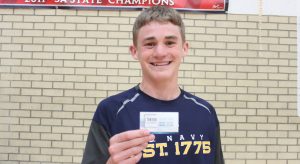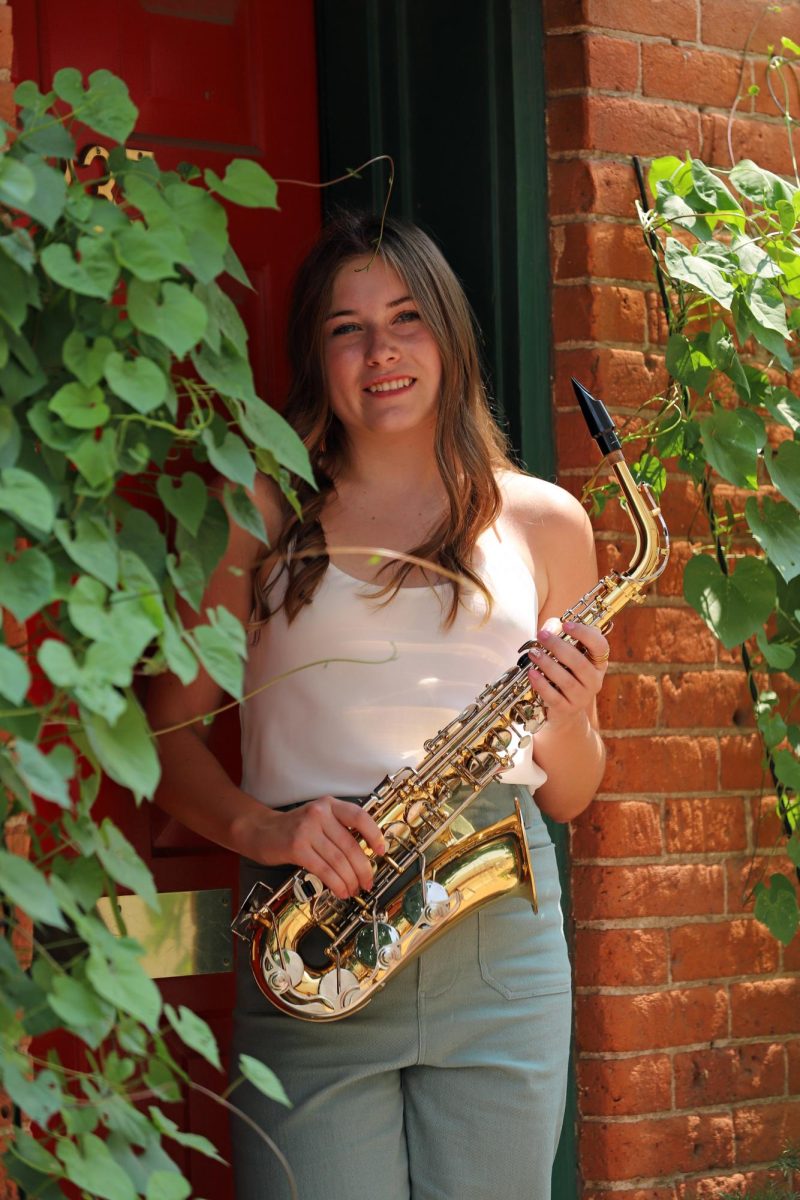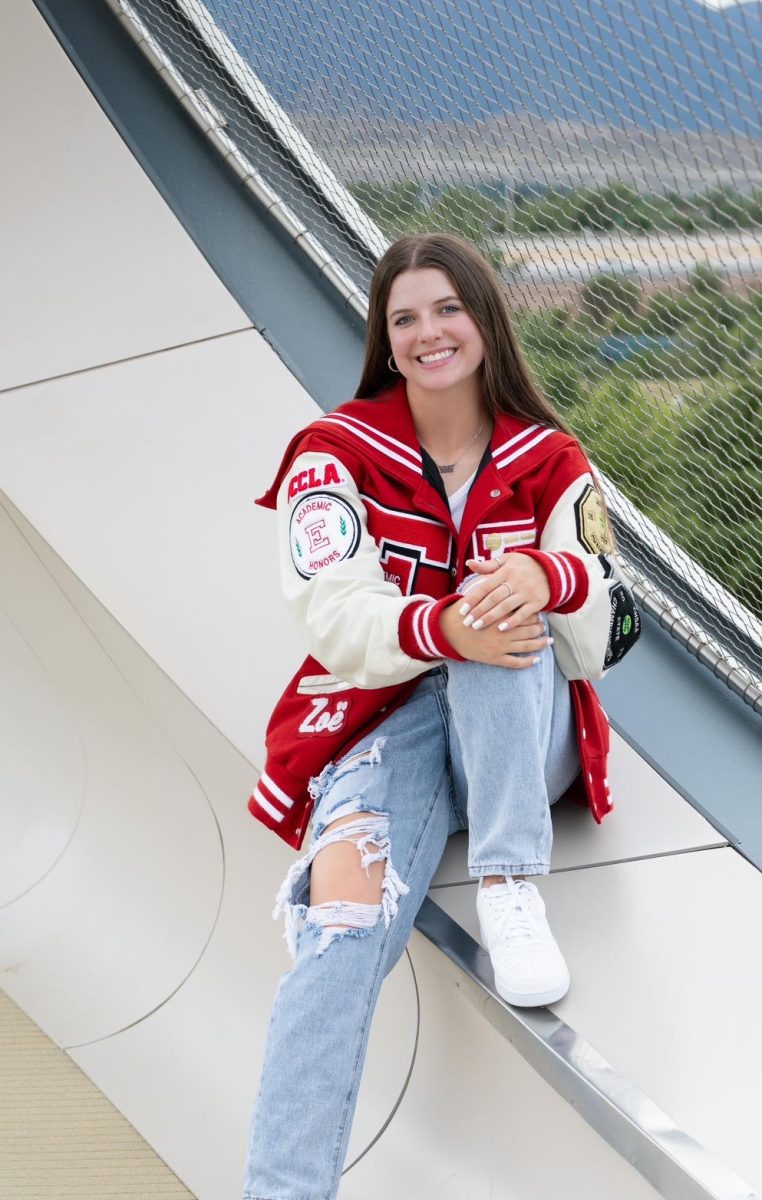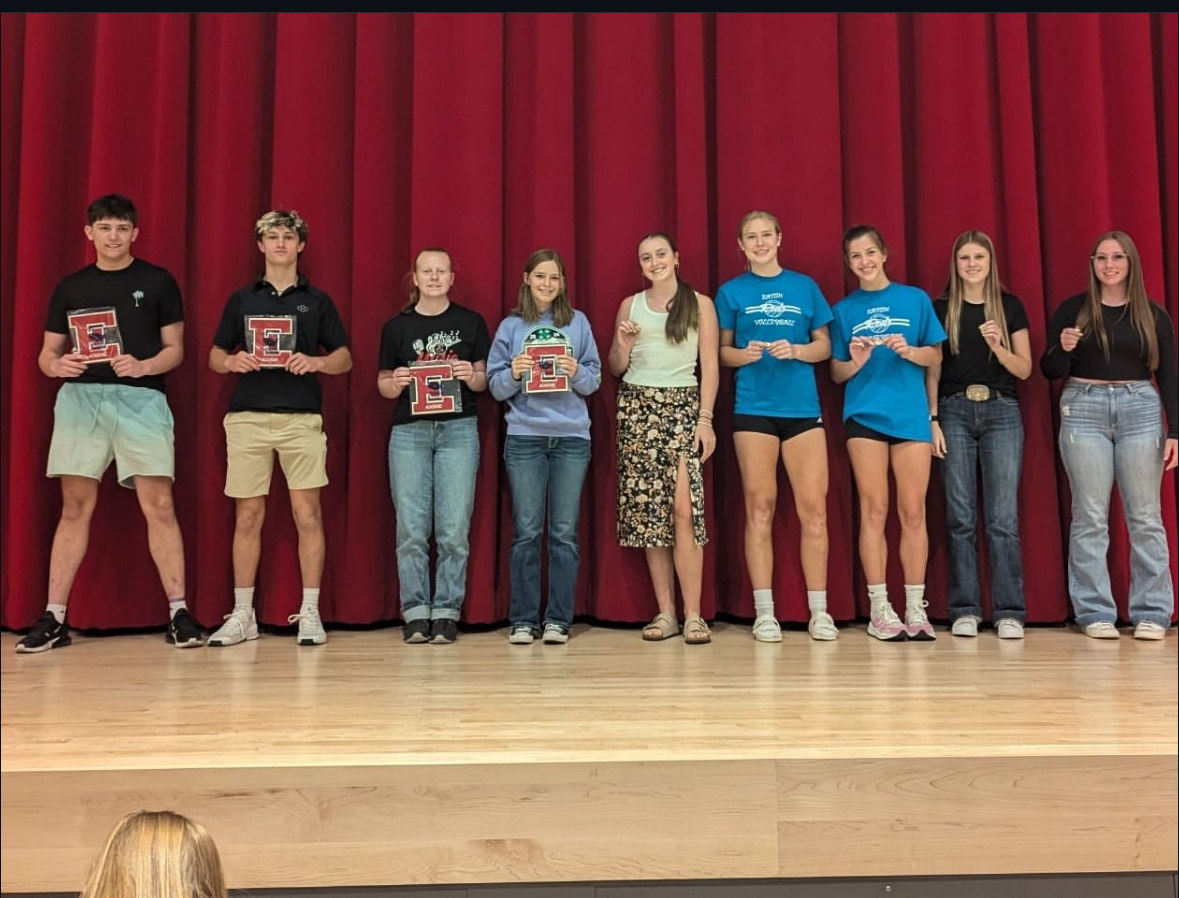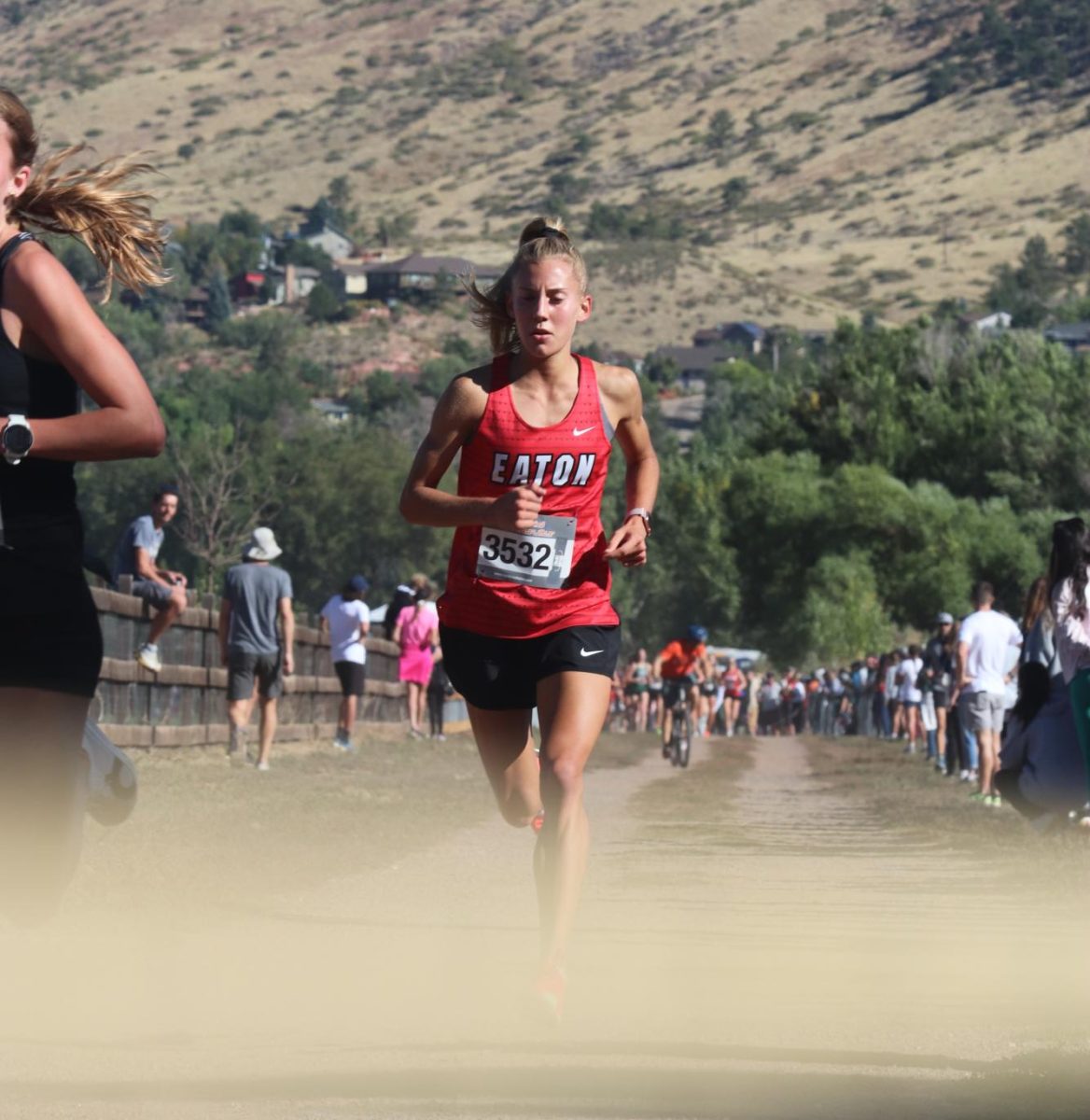By: Mason Koehn
Suicide stories from SESS ( Suicide Education and Support Services ) reminded freshmen students of the sad facts of depression. On the on April 8-9 2015 all freshmen were required to attend this suicide awareness program. This North Range Behavioral Health program helps teens learn what to look for, what to ask, and what to do. Both the striking story of guest speaker Patty Lloyd, and speaker Kimberly Pratt brought to light the signs of depression. Lloyd told students that she suffered from a horrific tragedy after her son Kip took his own. Kip, she said had traveled as a foreign exchange student to Great Britain. Here he studied psychology where he dropped his old habits and began to feel isolated. After this he got into drugs which only worsened his depression. All leading to the moment when he went to the mountains and ended his life. After his suicide his girlfriend ended her life as well. Then several years later Kip’s brother, Brandon followed suit. Lloyd said this story reminds her to remember the signs of suicide and to inform others of these signs. Lloyd told freshmen that although her personal story is tragic, she uses her pain to help others.
Pratt said she understand this terrible depression as she herself felt the debilitating depression after a horrific car accident when she was just a young girl. Only later did she realize her issue was shared by others. During this time she was working as a teacher; however, after her recovery she wanted to become counselor. Instead a suicide speaker opportunity opened. For the two years that she has been in this position, she said she has found that this job, “Made me more open.” Along with the new attitude she also noticed one of the potential issues: people do not come for help until there is a problem. Pratt said this is too late, as the thoughts have already been formed. Pratt said that in the future help for people who are depressed or suicidal will likely be more available online. She also said that programs like this one are important but most of the time students don’t remember the signs; they remember the stories. She said, “People will remember how they feel, not what you said.” David Pringle said, “They made it personal so we could connect.” Just as Pratt mentioned, student David Pringle only remembered how the emotion made him feel. Alhan says, “I remember how it was very emotional.” Lindsey Schwartz said, “I remember it was a really touching story.”



